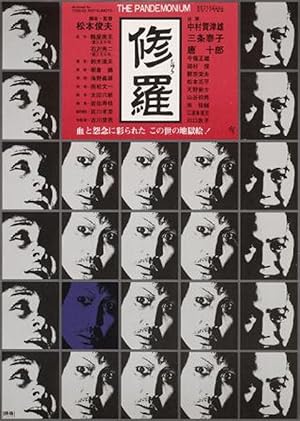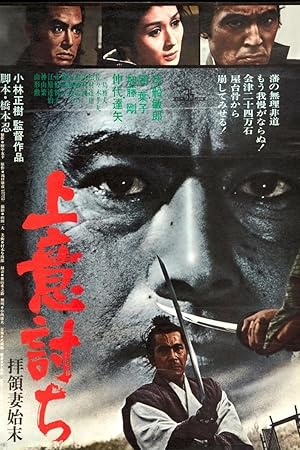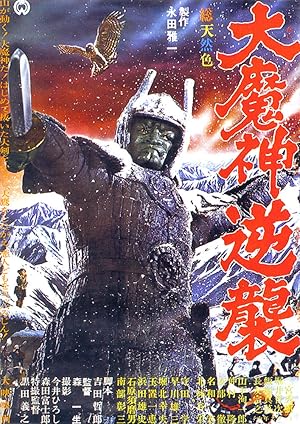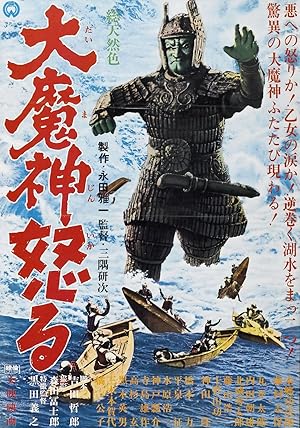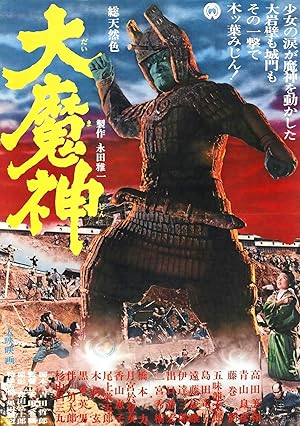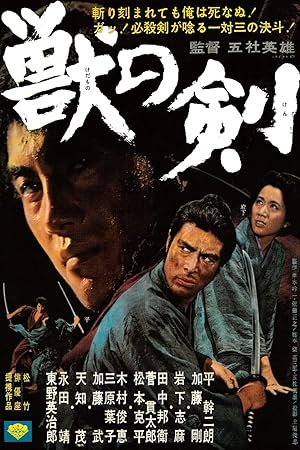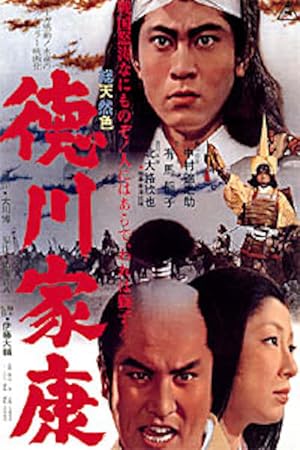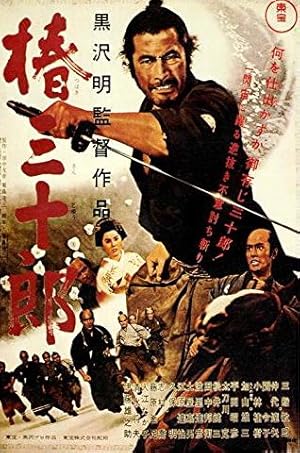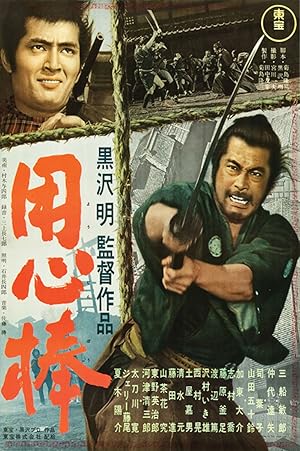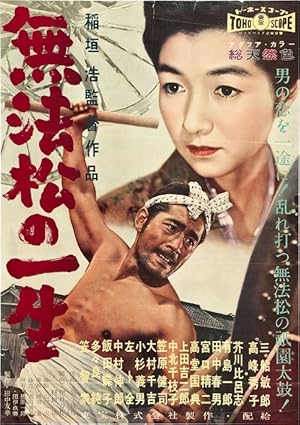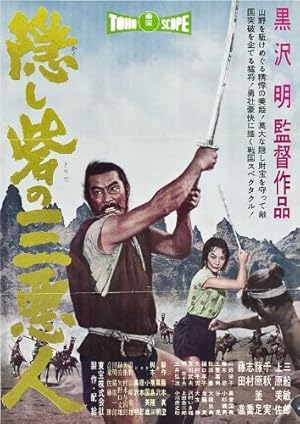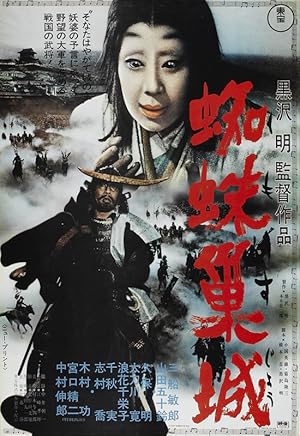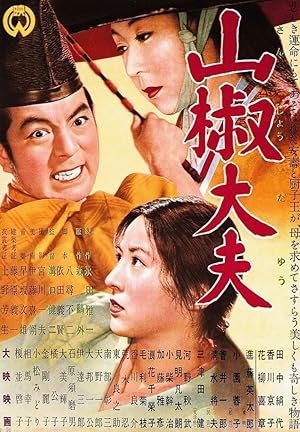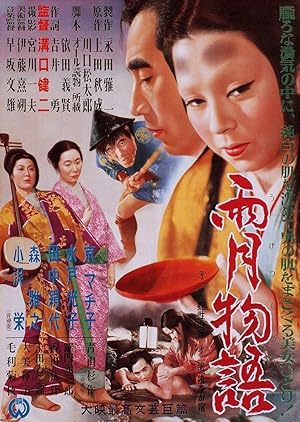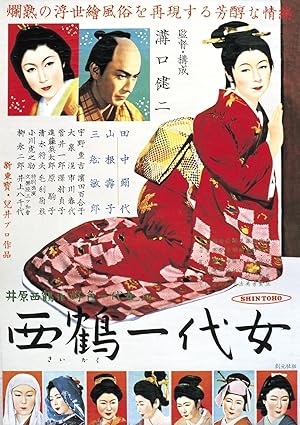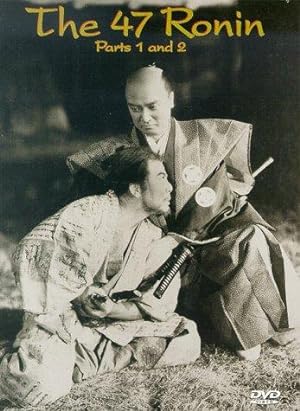Top 100 Feudal Japan movies
You are now browsing page 2, where we continue to showcase even more compelling content linked to "Feudal Japan". If you’ve already sampled a few highlights on previous pages, now is the perfect time to delve deeper into this fascinating keyword. Keep exploring and enrich your understanding!
Demons (1971)
0
Tells the story of the samurai Gengobe, who seeks revenge after falling prey to the schemes of a geisha and her husband.
Samurai Rebellion (1967)
1
The mother of a feudal lord's only heir is kidnapped away from her husband by the lord. The husband and his samurai father must decide whether to accept the unjust decision, or risk death to get her back.
Wrath of Daimajin (1966)
0
In a mountainous region of Japan, Lord Arakawa kidnaps the men of nearby villages to use as slave labor, producing gunpowder from his sulfur pits. A band of young boys decide to rescue their enslaved fathers on their own.
Return of Giant Majin (1966)
0
The tyrannical Lord Danjo Mikoshiba covets the rich, fertile lands surrounding Lake Yakumo. During a memorial ceremony for the late Chigusa lord, Mikoshiba launches an attack, overthrowing the honorable Lord Juro. Just when all seems lost, Daimajin rises from Lake Yakumo to settle a score of his own.
Daimajin (1966)
1
A giant stone statue comes to life to protect the residents of a small town against the depradations of an evil warlord.
Sword of the Beast (1965)
0
Legendary swordplay filmmaker Hideo Gosha's Sword of the Beast chronicles the flight of the low-level swordsman Gennosuke, who kills one of his ministers as part of a reform plot. His former comrades then turn on him, and this betrayal so shakes his sense of honor that he decides to live in the wild, like an animal. There he joins up with a motley group who are illegally mining the shogun’s gold, and, with the aid of another swordsman, gets a chance not just at survival but to recover his name and honor.
Lord Tokugawa Ieyasu (1965)
0
In turbulent 16th-century Japan, the leaders of a minor fief have their child taken from them as a political hostage. His mother and his clan endure years of tribulations until he can return.
Sanjuro (1962)
1
Toshiro Mifune swaggers and snarls to brilliant comic effect in Kurosawa's tightly paced, beautifully composed "Sanjuro." In this companion piece and sequel to "Yojimbo," jaded samurai Sanjuro helps an idealistic group of young warriors weed out their clan's evil influences, and in the process turns their image of a proper samurai on its ear.
Yojimbo (1961)
3
A nameless ronin, or samurai with no master, enters a small village in feudal Japan where two rival businessmen are struggling for control of the local gambling trade. Taking the name Sanjuro Kuwabatake, the ronin convinces both silk merchant Tazaemon and sake merchant Tokuemon to hire him as a personal bodyguard, then artfully sets in motion a full-scale gang war between the two ambitious and unscrupulous men.
The Rickshaw Man (1958)
0
A poor rickshaw driver finds himself helping a young woman and her son after the woman's husband dies suddenly.
The Hidden Fortress (1958)
1
In feudal Japan, during a bloody war between clans, two cowardly and greedy peasants, soldiers of a defeated army, stumble upon a mysterious man who guides them to a fortress hidden in the mountains.
Throne of Blood (1957)
2
Returning to their lord's castle, samurai warriors Washizu and Miki are waylaid by a spirit who predicts their futures. When the first part of the spirit's prophecy comes true, Washizu's scheming wife, Asaji, presses him to speed up the rest of the spirit's prophecy by murdering his lord and usurping his place. Director Akira Kurosawa's resetting of William Shakespeare's "Macbeth" in feudal Japan is one of his most acclaimed films.
Sansho the Bailiff (1954)
1
In medieval Japan, a woman and her children journey to find the family's patriarch, who was exiled years before.
Ugetsu (1953)
0
In 16th century Japan, peasants Genjuro and Tobei sell their earthenware pots to a group of soldiers in a nearby village, in defiance of a local sage's warning against seeking to profit from warfare. Genjuro's pursuit of both riches and the mysterious Lady Wakasa, as well as Tobei's desire to become a samurai, run the risk of destroying both themselves and their wives, Miyagi and Ohama.
The Life of Oharu (1952)
0
In Edo Period Japan, a noblewoman's banishment for her love affair with a lowly page signals the beginning of her inexorable fall.
The 47 Ronin (1941)
1
In 1701, Lord Takuminokami Asano has a feud with Lord Kira and he tries to kill Kira in the corridors of the Shogun's palace. The Shogun sentences Lord Asano to commit suppuku and deprives the palace and lands from his clan, but does not punish Lord Kira. Lord Asano's vassals leave the land and his samurais become ronin and want to seek revenge against the dishonor of their Lord. But their leader Kuranosuke Oishi asks the Shogun to restore the Asano clan with his brother Daigaku Asano. One year later, the Shogun refuses his request and Oishi and forty-six ronin revenge their Lord.
